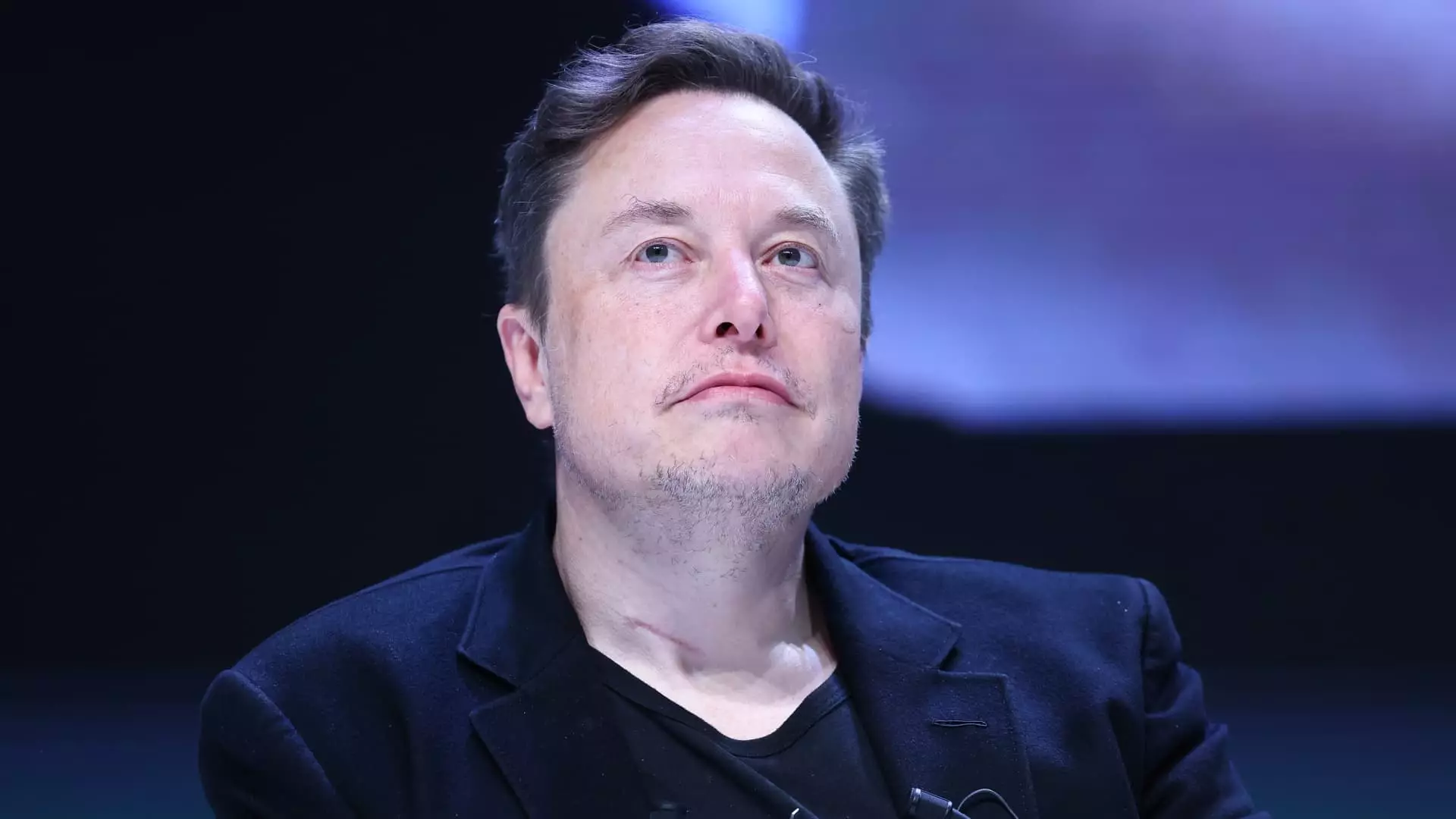Recently, the U.K. government has been forced to respond to controversial comments made by billionaire Elon Musk regarding the riots fueled by far-right and anti-immigration sentiment across the country. Musk’s statement on social media platform X, where he stated “Civil war is inevitable,” was met with condemnation by U.K. Prime Minister Keir Starmer and other government officials. The Prime Minister’s spokesperson emphasized that there is no justification for such comments and criticized the involvement of social media in spreading misinformation and inciting violence.
Heidi Alexander, the U.K.’s courts minister, emphasized the need for individuals with a platform on social media, like Musk, to behave responsibly. She criticized Musk’s language associating the riots with civil war as “totally unjustified.” Additionally, Peter Kyle, the U.K.’s technology minister, has been in discussions with social media companies regarding the dissemination of misleading and inflammatory content online. There is a growing call for social media companies to take more responsibility for the content shared on their platforms and to prevent the spread of harmful and false information that may incite violence.
The Role of Legislation: Online Safety Act
The U.K. government enacted the Online Safety Act last year to address illegal and harmful content on the internet. However, the regulator enforcing the law, Ofcom, currently lacks the necessary powers to take action against social media firms for harmful posts related to the ongoing riots. The delay in full enforcement of the act has raised concerns about the ability to effectively regulate social media platforms and prevent the spread of dangerous content online. Ofcom is working towards implementing the act quickly to ensure that enforcement can be prioritized.
Despite the criticism and backlash, Elon Musk continued to engage with the issue of the U.K. riots on social media. He shared a video showing a man being arrested for offensive comments on Facebook, although CNBC was unable to verify the authenticity of the video. Musk’s decision to allow far-right figures like Tommy Robinson back onto X, after previous suspensions, has raised further questions about the responsibility of social media platforms in regulating harmful and divisive content. Robinson, known by his real name Stephen Yaxley-Lennon, was banned from X in 2018, highlighting the challenges of managing extreme and inflammatory voices on social media.
The recent events surrounding Elon Musk’s comments and the U.K. riots highlight the complex and contentious role of social media in shaping public discourse and inciting civil unrest. The government’s response underscores the need for greater accountability and regulation of social media platforms to curb the spread of harmful and misleading information. As the influence of social media continues to grow, it is essential for policymakers, regulators, and tech companies to work together to address the challenges of online safety and ensure that platforms are not used to fuel violence and division in society.


Leave a Reply